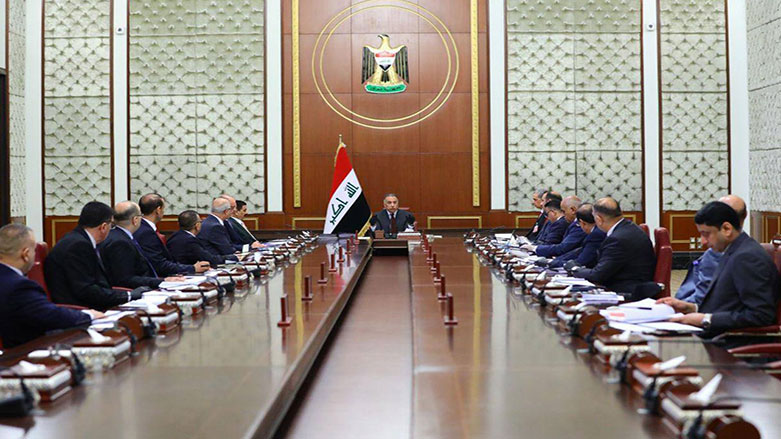Iraq shutters land borders, bans travel amid new COVID-19 strain
The Iraqi government banned travel to and from eight countries, including the UK, where officials have reported a new, more infectious coronavirus strain.

ERBIL (Kurdistan 24) – The Iraqi government on Tuesday announced a series of travel restrictions to prevent the potential entry of a new, more infectious coronavirus strain for two weeks.
Iraq is among dozens of countries that have now imposed travel bans from the United Kingdom, where officials have reported the new virus variant. The World Health Organization (WHO) has said it has no evidence suggesting the new strain caused worse symptoms or is more deadly.
The Iraqi council of ministers approved measures such as “the closure of all land-border crossings, and closing all malls and restaurants for two weeks from 24/12/2020,” according to the government’s official Twitter account.
It also banned travel to and from the UK, Denmark, the Netherlands, Belgium, Iran, South Africa, Australia, and Japan. However, Iraqis are still able to return but will have to quarantine for two weeks at a healthcare facility.
The government also reiterated calls on citizens to remain vigilant about wearing masks, social distancing and other self-care measures to prevent infections.
Vaccine Deal
On Monday, federal health ministry spokesperson Saif al-Badr announced that Iraq had signed “a preliminary deal with Pfizer” to obtain 1.5 million coronavirus vaccine doses. This would secure injections for about 750,000 people, in a country of 40 million.
The council of ministers directed the Finance Ministry to secure an advance payment of about $3 million, as well as funding the remaining amount, which is just over $15 million.
Earlier in the day, the Health Ministry on Tuesday announced 1,158 new cases of the coronavirus, bringing the total number of infections, since its outbreak in Iraq, to 586,503, including 12,725 deaths.
Plummeting oil prices due to worldwide coronavirus lockdowns early in 2020, worsened economic woes of the Middle Eastern nation, long suffering due to financial mismanagement.
Editing by Khrush Najari